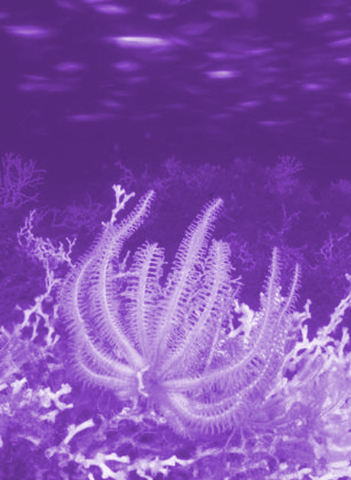Coral cross-breed tested
 Mixing coral species could help reefs adapt to a warming world.
Mixing coral species could help reefs adapt to a warming world.
A team of researchers from Western Australia's Ningaloo Reef has successfully crossbred coral for the first time, in an effort to improve the resilience of the reef against bleaching events caused by rising water temperatures.
The team used the “assisted gene flow” technique, previously tested on coral from the Great Barrier Reef. The experiment involved crossbreeding coral from cooler and warmer waters of the reef, with specimens from the latter potentially more hardy.
According to molecular ecologist Kate Quigley, research director at the Minderoo Foundation's Exmouth research lab, the aim was to produce tough coral offspring that could survive warming conditions.
“By the end of the night, we have a number of different families that are produced from crosses of different hardy coral mums and dads with more vulnerable coral mums and dads,” she said.
The researchers focused on the Acropora tenuis and Acropora millepora species, and the results were promising.
“We were able to get … very good fertilisation, so that was another big win … the baby corals, they divided normally, they grew normally,” said Dr Quigley.
The new corals even showed signs of greater resilience to heat.
“In terms of heat tolerance, we have already started to see a very big difference between the ones that can survive really well at high temperatures, and the ones that are a bit weaker,” she added.
The team's work is aimed at future-proofing the World Heritage Site against predicted bleaching events.
Bleaching events are expected to increase to once a year by 2046, but Dr Quigley says that strong action to counteract climate change should be the top priority.
“Then work to develop these kinds of conservation methods, because even if we can breed additional degrees, or additional points of degrees for corals, at some point that capacity will run out,” she said.
The research could have wider applications as well.
“Many coral species are hermaphrodites, so we anticipate that we'd able to apply selective breeding pretty broadly across them,” says Dr Quigley.
“That said, corals still are mysterious animals and there's some really fundamental biology we still need to understand in terms of how they reproduce and the kind of conditions that they need.”








 Print
Print